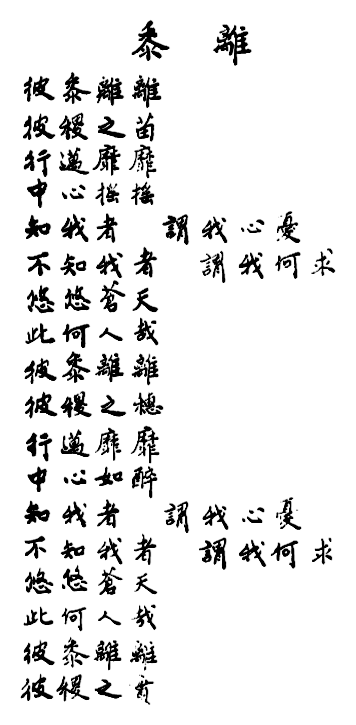Falling: The Code
1.
Through the night
the apples
outside my window
one by one let go
their branches and
drop to the lawn.
I can’t see, but hear
the stem-snap, the plummet
through leaves, then
the final thump against the ground.
Sometimes two
at once, or one
right after another.
During long moments of silence
I wait
and wonder about the bruised bodies,
the terror of diving through air, and
think I’ll go tomorrow
to find the newly fallen, but they
all look alike lying there
dewsoaked, disappearing before me.
2.
I lie beneath my window listening
to the sound of apples dropping in
the yard, a syncopated code I long to know,
which continues even as I sleep, and dream I know
the meaning of what I hear, each dull
thud of unseen apple-
body, the earth
falling to earth
once and forever, over
and over.
Hello Friends —
Today’s poem is from Li-Young Lee‘s first collection, Rose (1986). I love Lee’s attention to pauses, to the spaces between things in this poem, building toward that stanza break between “apple-” and “body.” What passes in that moment, in that white space, is a solidification of the apples’ transformation in this poem to more-than-apples: Lee uses “bodies” earlier in the poem, but it is not until this moment — this pause, this use of white space — that the apples become undeniably tied to human mortality, myth, knowledge, code (from the title) in the moral and religious sense. Re-reading the earlier “bodies” reference in this light makes “the bruised bodies, the terror of diving through air,” all the more terrifying — their “final thump” and “disappearing,” earth to earth and dust to dust.
It’s National Poetry Month all month! If a poem a day just isn’t enough, you can always find more at the website of the Academy of American Poets, www.poets.org.
— Ellen
Poet Li-Young Lee was also featured for Poem-a-Day April 28, 2008.
